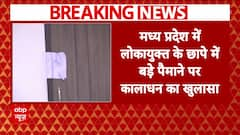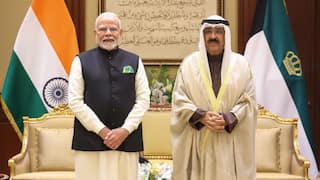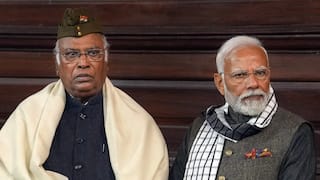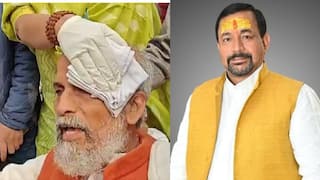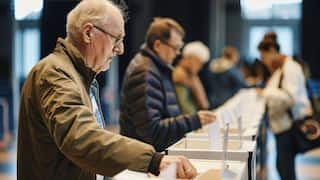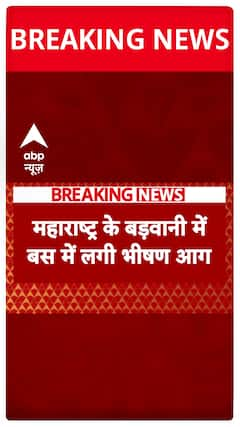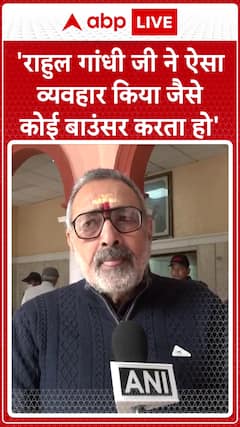Mahalanobis, VKRV Rao To Manmohan Singh —Visionaries Of Economics Who Shaped India's Growth Path
As we commemorate Independence Day 2023, here is a look at the contributions made by some of India’s esteemed economists who left an indelible mark on India's growth trajectory.

Independence Day 2023: Since gaining Independence in 1947, India's economic journey has been through many pivot points. From its nascent days of sovereignty, India embarked on a mission of economic transformation. These steps were closely guided and shaped by some of the great visionary economists. As we celebrate our 76 years of independence, amid concerns of a possible global economic slowdown, India is showing stronger growth potential and is being considered a bright spot by many global institutions. This wouldn't have been possible without these economists.
As we commemorate Independence Day 2023, let's late a look at the lives and contributions of some of India’s esteemed economists who have left an indelible mark on India's growth trajectory.
Prof. PC Mahalanobis (1893 - 1972): The Father Of Indian Statistics
A pioneer in statistics and economics, Prof. Mahalanobis played a monumental role in shaping India's Second Five-Year Plan. Prof. Prasanta Chandra Mahalanobis is often referred to as the father of Indian statistics. Born on June 29, 1893, he hailed from a family with a historical connection to record-keeping and land administration, which led to his surname "Mahalanobis".
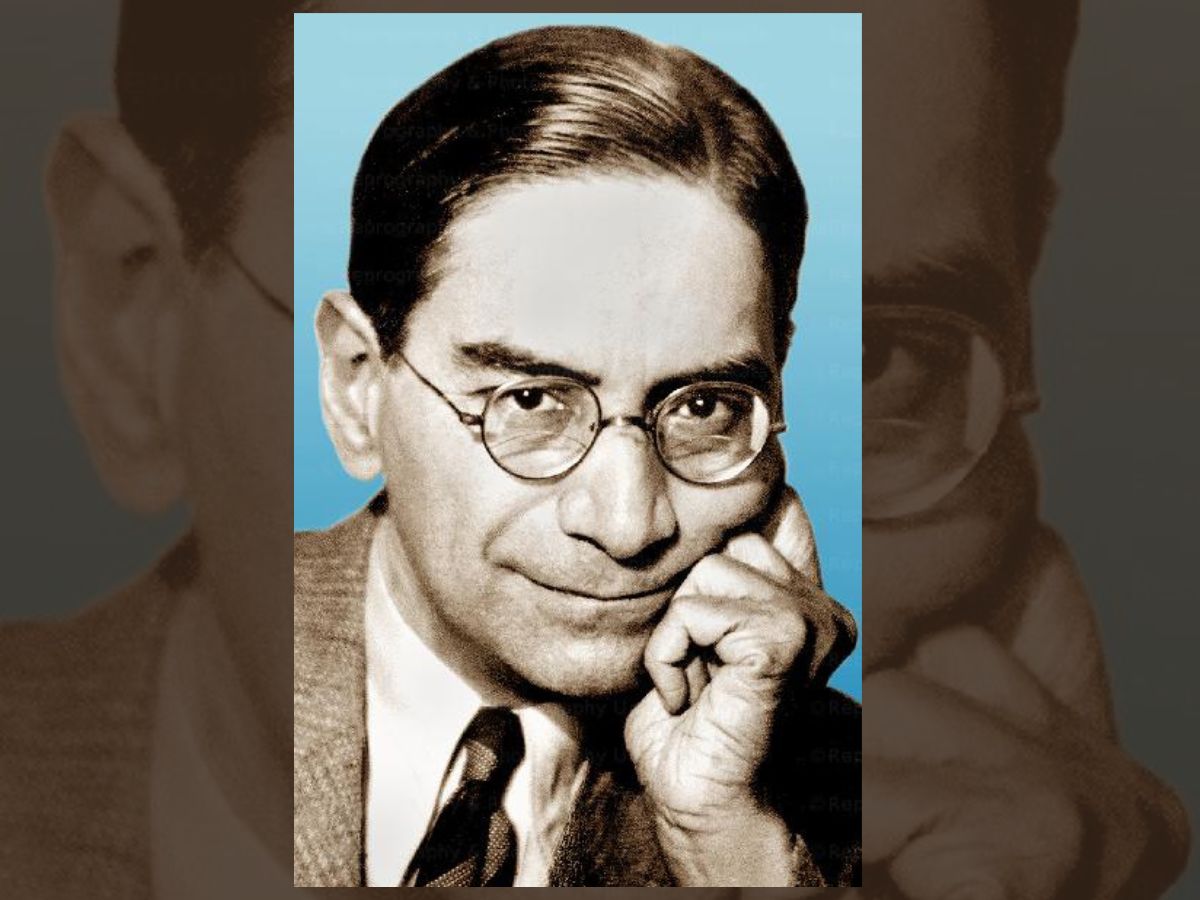
After completing his initial education at Brahmo Boys’ School and earning a Bachelor's degree in Physics from Calcutta University, Mahalanobis went to England for further studies. At the University of Cambridge, he encountered the field of statistics through his interactions with renowned mathematician Srinivasa Ramanujan and the journal Biometrika.
After returning to India, Mahalanobis began his academic career as a physics professor at Presidency College in Calcutta. He initiated statistical research by setting up a statistical laboratory at the college. In 1931, Mahalanobis founded the Indian Statistical Institute (ISI) with the aim of advancing statistical research and training. One of Mahalanobis' notable contributions was the concept of the Mahalanobis Distance, a statistical measure that quantifies the similarity or dissimilarity between two data points.
Mahalanobis was also instrumental in introducing large-scale sample surveys in India. His efforts led to the establishment of the National Sample Survey and the Central Statistical Organisation, which have played crucial roles in collecting socio-economic data for policy-making.
He contributed to India's economic planning and development and played a key role in drafting the Second Five-Year Plan. As a member of the Planning Commission, Mahalanobis batted for the allocation of substantial investments toward heavy industries, prioritising this sector over others. This strategy proved instrumental in driving rapid industrial growth.
Beginning in 1946, Mahalanobis began to participate in international endeavors, particularly through his involvement with the United Nations Statistical Commission. Prof. Mahalanobis passed away on June 28, 1972, leaving behind a remarkable legacy.
Prof. VKRV Rao (1908 - 1991): The Institution Builder
Founder of the Delhi School of Economics, Prof. Vijayendra Kasturi Ranga Varadaraja Rao’s influence extended far beyond academia. He was a driving force behind India's economic policies, advocating for a mixed economy. Born on July 8, 1908, VKRV Rao established many esteemed institutions.
He had his early schooling in Tindivanam and Madras (Chennai). He passed BA (Hons.) and MA (Economics) from Bombay University and a second BA (Hons.) and a PhD from Cambridge University.
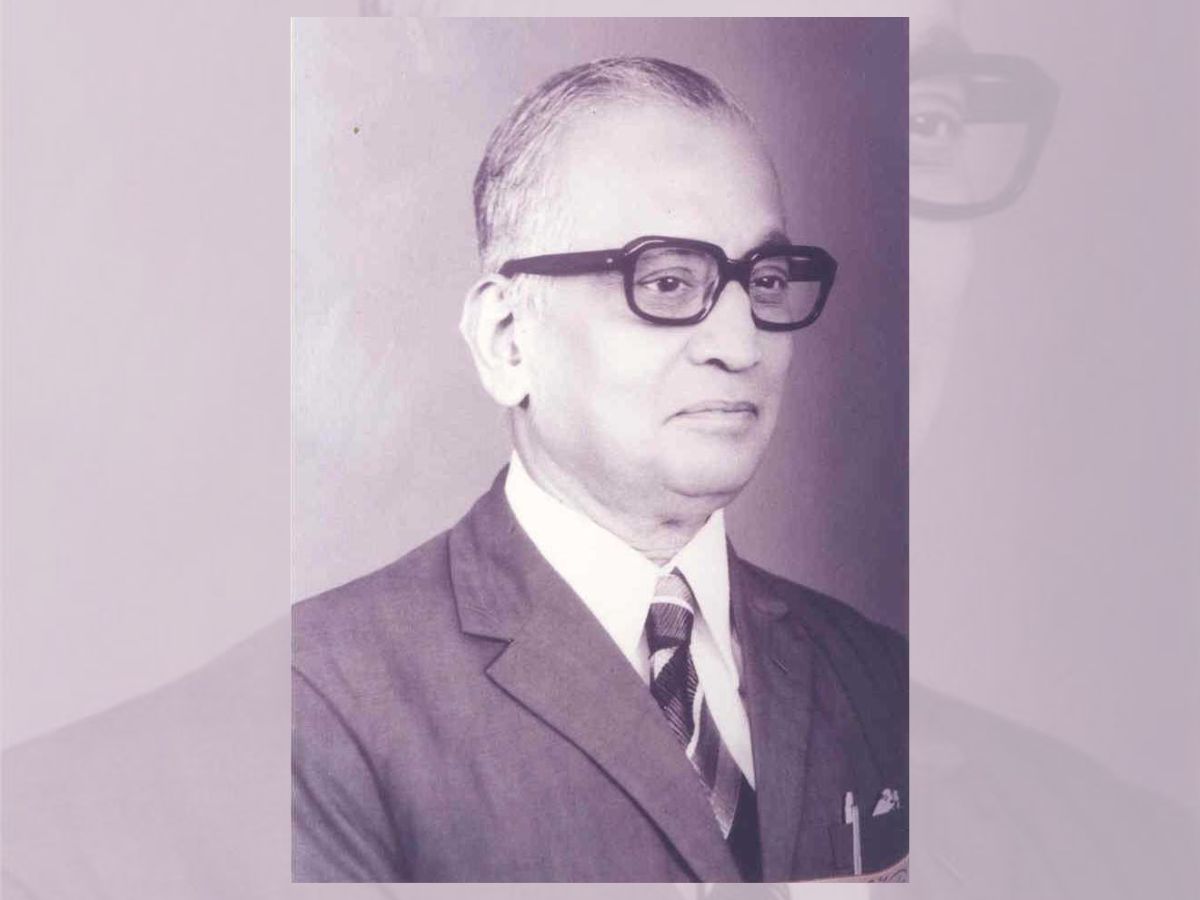
As the Director of Statistics, Government of India (1944-45), he pioneered the preparation of the first Food Statistics of India in 1944, laying the foundation for regular exercise. In 1945, he authored the book "Planning Economic Transition from War to Peace in India", which provided insightful perspectives on India's economic transformation.
Serving as the Planning Advisor of the Government of India (1946), Rao formulated a comprehensive food plan for India, addressing production and distribution concerns while considering nutritional and regional disparities. He initiated a large-scale nutritional survey across the nation and advocated for human development indicators, beyond per capita income, as a measure of development.
Appointed as the expert to the United Nations Sub-Commission on Economic Development in 1947, Rao facilitated subsidised food imports from America under PL 480. He played a key role in establishing the World Food Programme and authored the book "Turning World Resources to the World Welfare, 1950".
In 1948, Rao founded the Delhi School of Economics (DSE) and served as its first Director. As the Vice Chancellor of Delhi University (1957), Rao introduced innovative concepts such as public lectures for the community, curriculum enhancements, and encouraging women's education.
Joining the Planning Commission again in 1963, he oversaw education and related areas. Elected to Parliament from Bellary Constituency, he became the Cabinet Minister for Shipping and Transport in 1
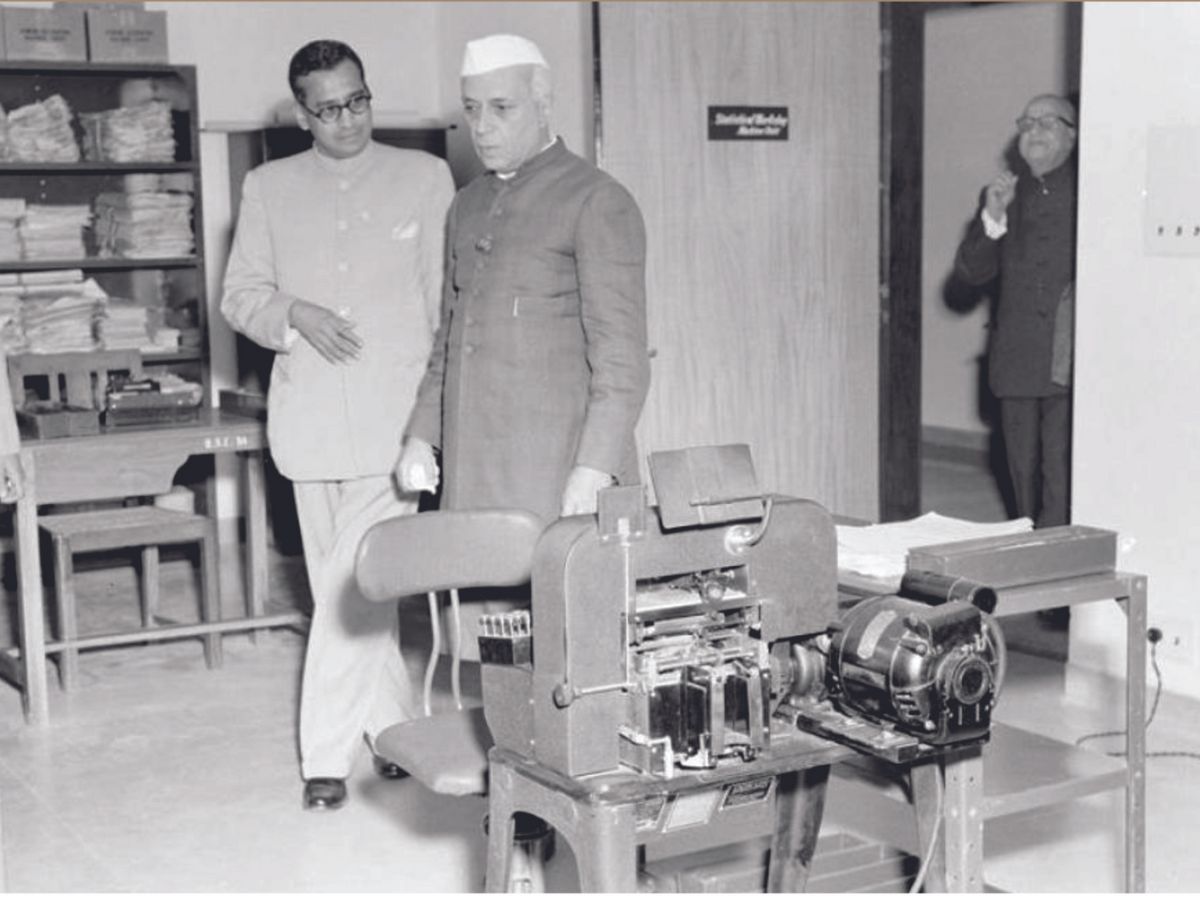
967. As Minister for Education & Youth Services, he established the Indian Council of Social Science Research (ICSSR) to promote social science research and enhance education quality in India.
Rao's return to academia led him to establish the Institute for Social and Economic Change (ISEC) in Bangalore in 1972. He was instrumental in fostering social science education and research in India, leaving a lasting impact on the field. VKRV Rao passed away on July 25, 1991.
Dr. DR Gadgil (1901 - 1971): The Man Who Crafted the Blueprint for Growth
A distinguished economist, Dr. Dhananjay Ramchandra Gadgil played a pivotal role in designing India's First Five-Year Plan. His contributions focused on tackling rural poverty, agricultural productivity enhancement, and industrialisation. He was born in Nasik, Maharashtra, into a Brahmin family that had migrated from the Konkan region. After completing his education at Mumbai University and Cambridge University, he joined the Maharashtra government service and later became the principal of Maganlal Thakordas Balmukunddas Arts College in Surat.
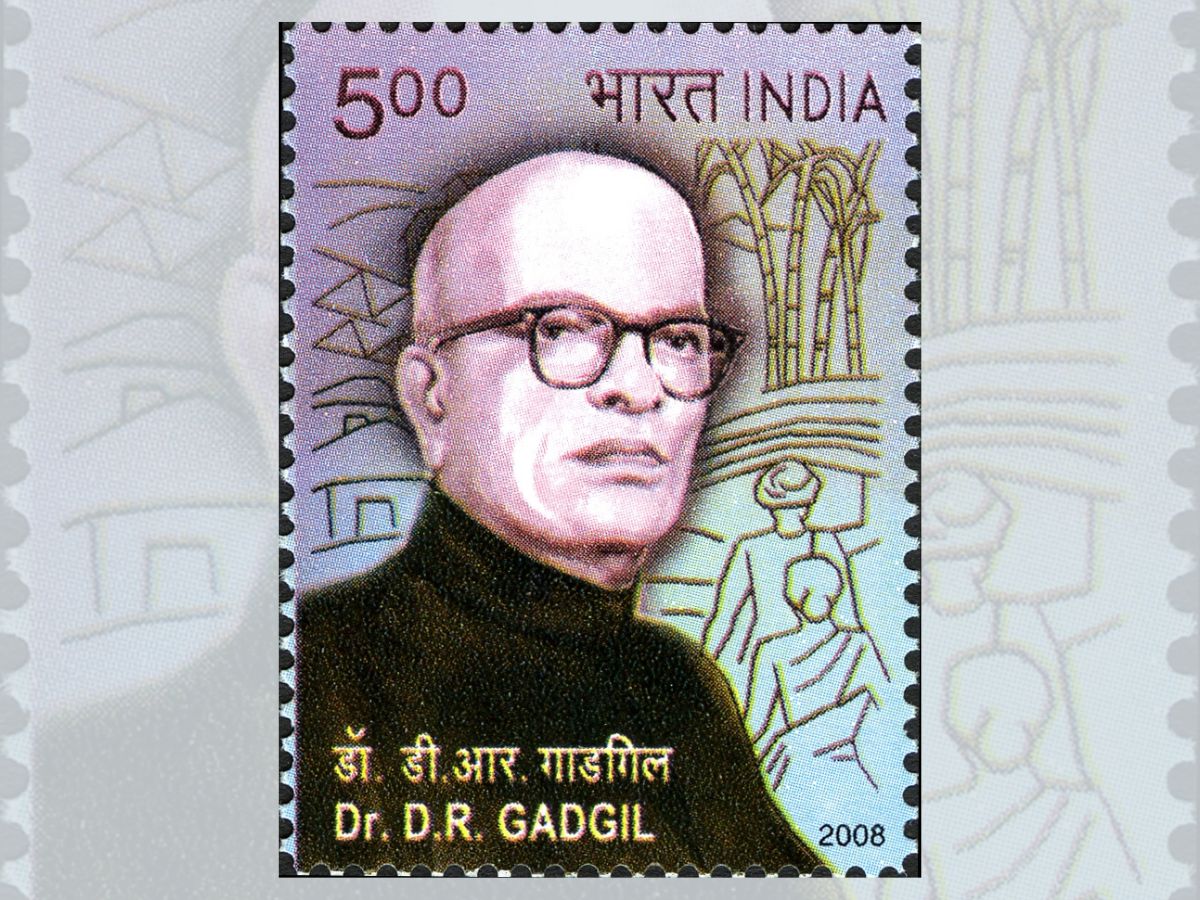
Gadgil's expertise and commitment led him to serve as the director of various cooperative banks and institutions. He played a crucial role in the founding of the Pravara Cooperative Sugar Factory, which laid the foundation for the Pravara Model of Integrated Rural Development.
In the economic sector, Gadgil's work extended to the Reserve Bank of India, where he served as a member of the Survey Panel for rural credit. He later became a director of the Reserve Bank of India. In 1966, he briefly served as the vice-chancellor of Savitribai Phule Pune University before becoming the Deputy Chairman of the Planning Commission of India.
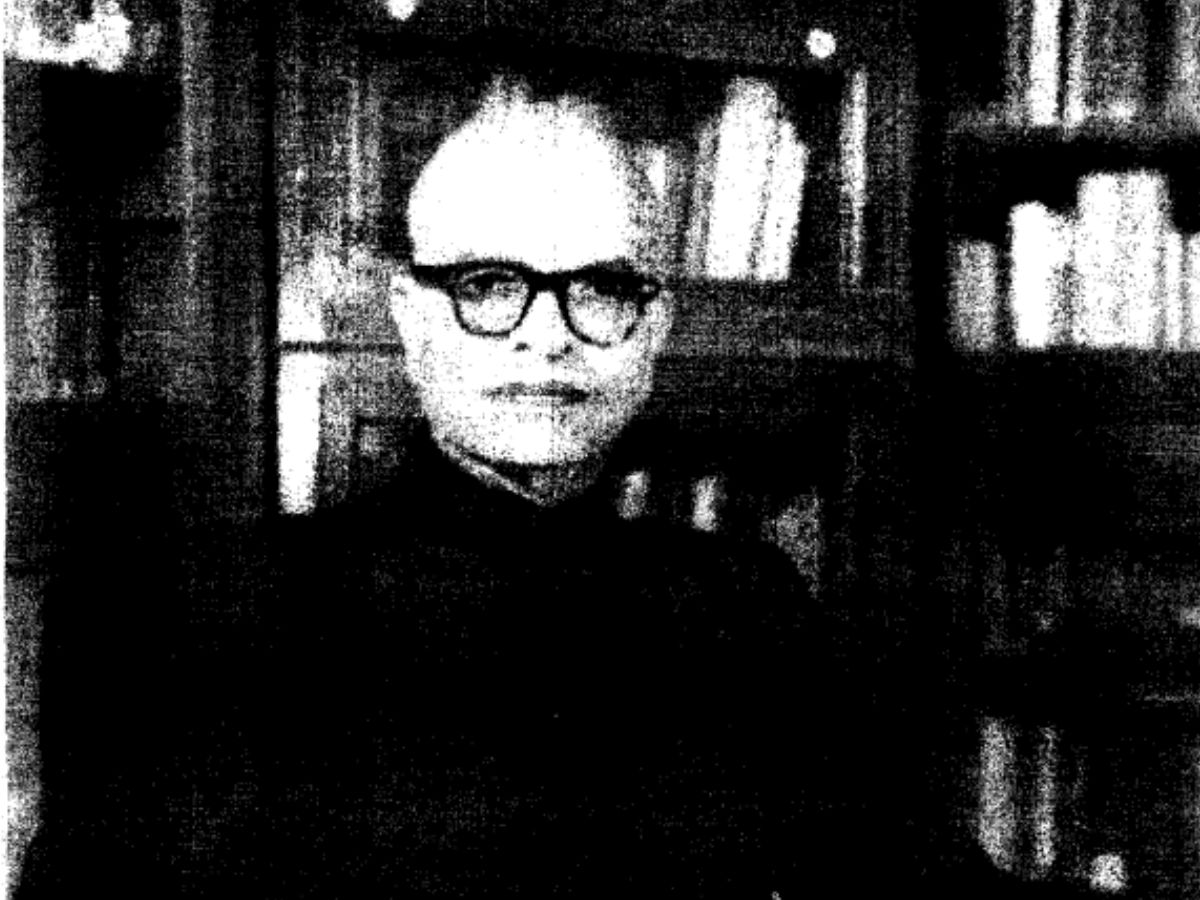
One of Gadgil's most notable contributions was the formulation of the Gadgil formula in 1969, which determined the allocation of central assistance to states during the Fourth and Fifth Five-Year Plans. This formula considered factors like population, per capita income, and special development problems. He died on May 3, 1971, succumbing to heart failure, while he was traveling from New Delhi to Pune.
Prof. KN Raj (1924 - 2010): The Man Behind the "Kerala Model"
Known for his pioneering work on the "Kerala Model" of development, Prof. Kakkadan Nandanath Raj advocated for a unique approach to growth. Raj was born on May 13, 1924, in Thrissur. After a BA (Hons.) in Economics from Madras Christian College, he pursued an MSc in Economics at the London School of Economics (LSE). At just 23, he earned his PhD from LSE for his research on the monetary policy of the Reserve Bank of India.
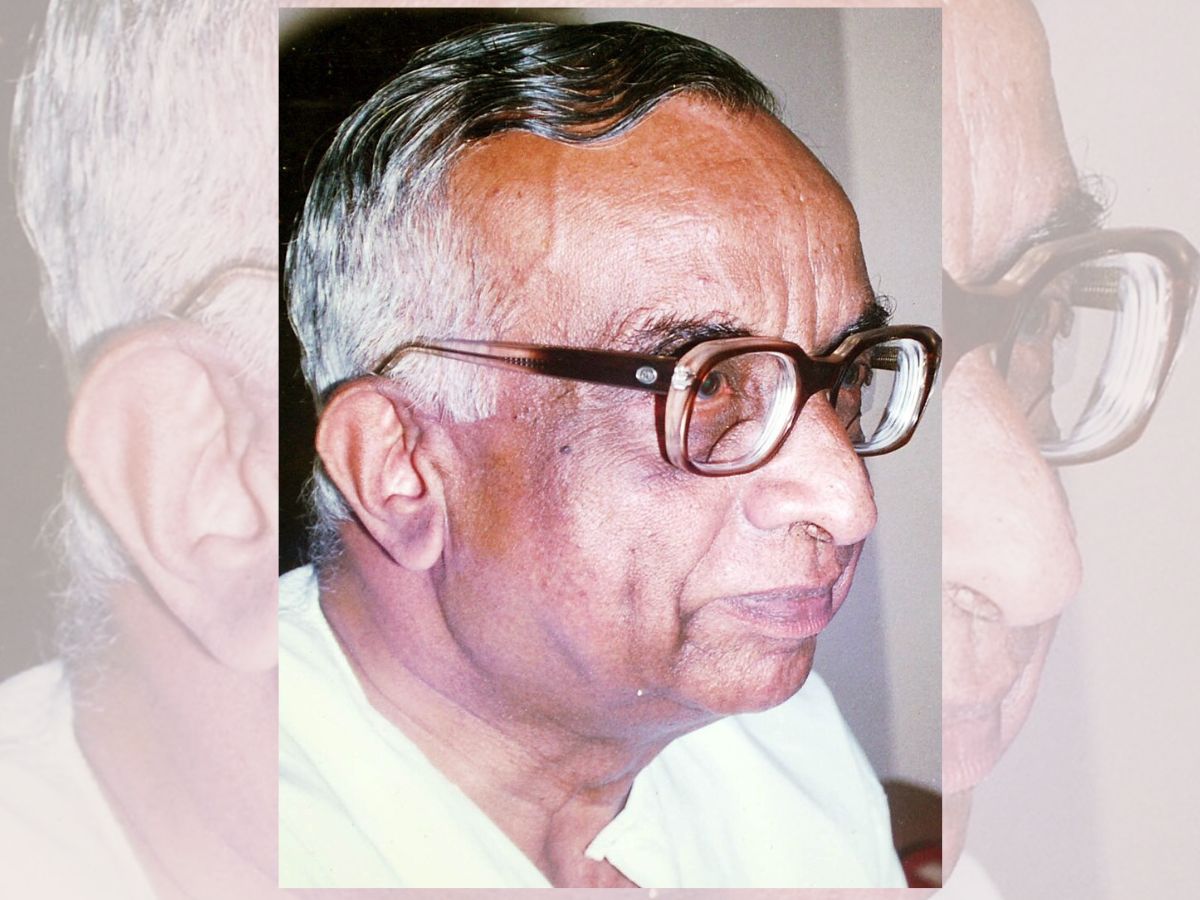
Prime Minister Jawaharlal Nehru invited Raj to help draft India’s First Five-Year Plan. In 1953, Raj was appointed as a professor of monetary economics at the Delhi School of Economics (DSE) by VKRV Rao.
Later, In 1971, KN Raj established the Centre for Development Studies (CDS) in Thiruvananthapuram with the backing of the then Chief Minister of Kerala, C. Achutha Menon. The research on the unique economic development in Kerala, often referred to as the 'Kerala Model' of development, was carried out by a team from CDS led by Raj.
Raj's focus on economic planning was rooted in his belief in the development of human faculties and the need for an institutional framework that serves people's needs. He emphasised policies like the right to work, education, and social insurance as essential aspects that cannot be left to market forces. Raj critiqued the shortcomings in the implementation of the First and Second Five Year Plans, highlighting the neglect of agriculture and accessibility to food. KN Raj passed away at the age of 85 in February 2010.
Prof. Amartya Sen (1933 - ): A Nobel Laureate's Human-Centric Vision
A Nobel laureate in economics, Prof. Amartya Sen introduced the concept of "Development as Freedom". His framework highlighted that development should not be confined to economic growth alone. Sen’s impact spans disciplines, addressing inequality, poverty, and human development with insights that continue to guide policy and thought.
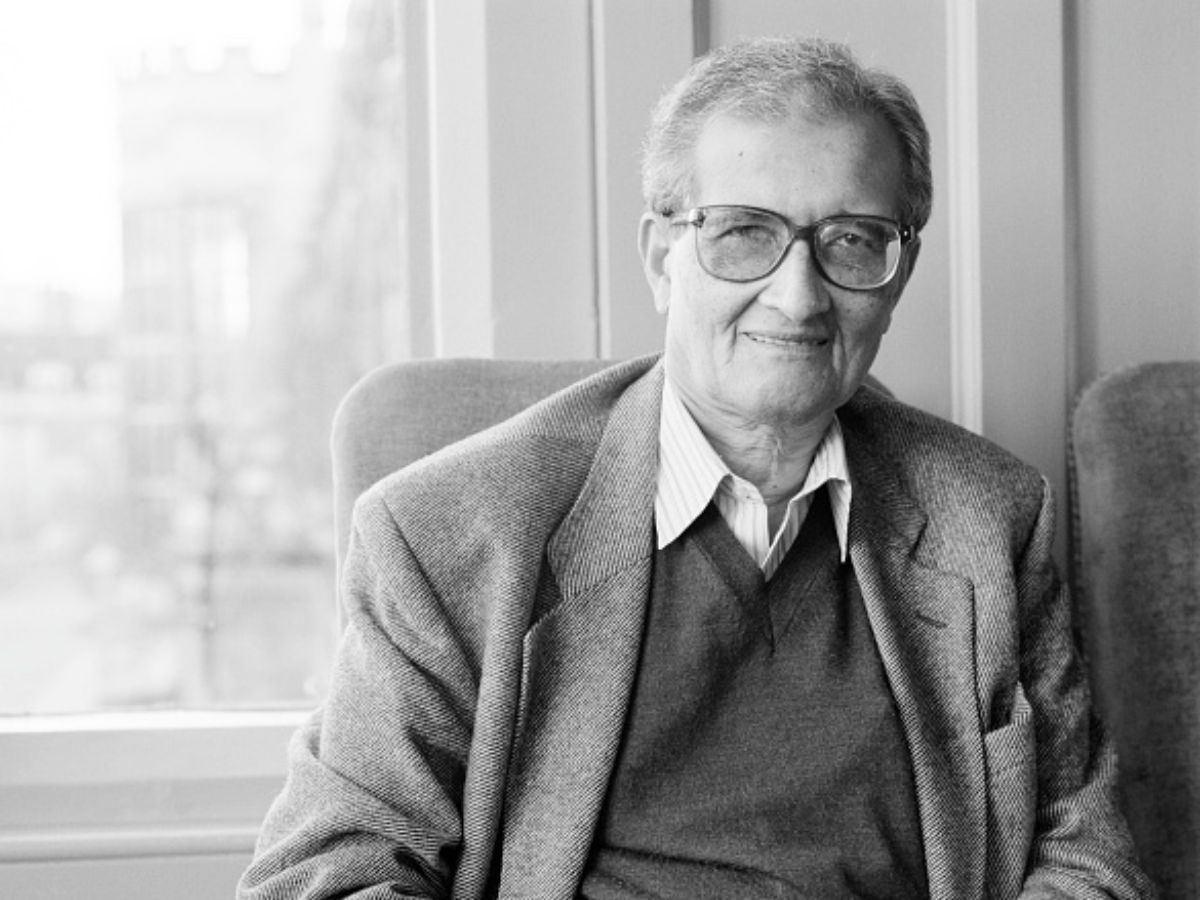
Born in 1933, Sen's upbringing in an academic family and the cultural richness of Santiniketan. His studies at Cambridge and early work laid the groundwork for his later achievements, notably the Arrow Impossibility Theorem, challenging traditional ideas of social choice.
Sen's seminal concept, the Capability Approach, shifted development assessment from mere economics to people's freedoms and opportunities. It advocates for holistic development, encompassing social, political, and economic facets. This framework has inspired policy strategies that empower marginalised communities.
Sen's Nobel Prize in 1998 recognised his work on welfare economics, particularly his groundbreaking research on famine. By highlighting the role of entitlements, politics, and distribution in food crises, his insights redirected policy interventions.
Sen's impact extends beyond academia. His emphasis on agency and empowerment has fueled social movements and policies, fostering education, healthcare, and gender equality globally. His work remains a dynamic guidepost for addressing modern challenges.
The Nobel laureate is currently a Thomas W. Lamont University Professor and Professor of Economics and Philosophy at Harvard University.
Prof. Jagdish Bhagwati (1934 - ): Champion of Globalisation and Liberalisation
Prof. Jagdish Bhagwati's ideas on free trade and globalisation have had a profound impact on India's economic policies. His advocacy for liberalisation and trade reforms paved the way for India's integration into the global economy. Born on July 26, 1934, Jagdish Bhagwati's journey to becoming a leading trade economist was marked by academic excellence. His early education was at institutions like Cambridge and MIT.
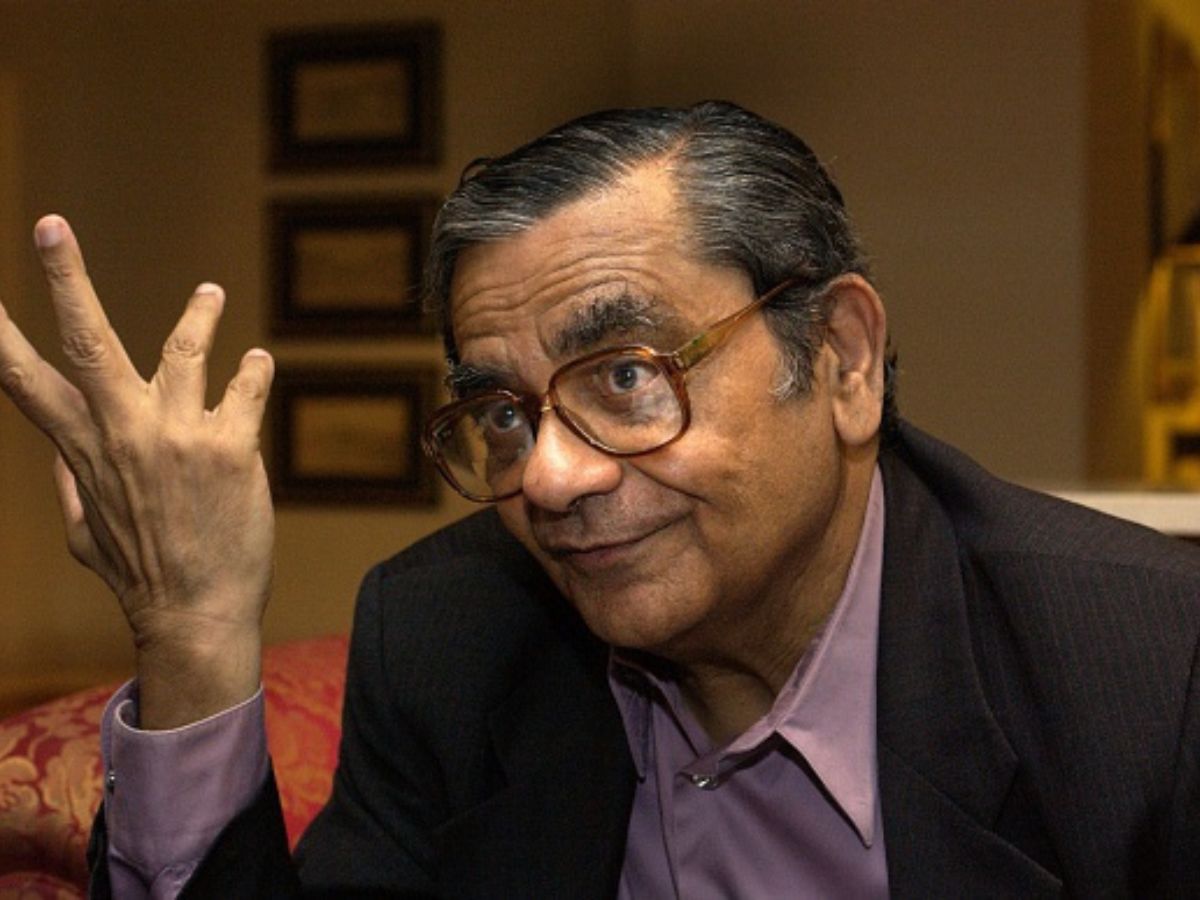
Bhagwati was a vocal advocate for the benefits of open markets, arguing that increased trade and economic interdependence can lead to higher economic growth, job creation, and poverty reduction. His research has challenged protectionist sentiments and provided empirical evidence of the positive impacts of trade liberalisation.
The 2014 general elections sparked a notable debate between Nobel Laureate Amartya Sen and economist Jagdish Bhagwati, representing differing views on social welfare and economic growth. Sen championed equity and health, asserting they fuel growth, while Bhagwati argued rapid growth is the path to welfare. The Sen vs. Bhagwati debate reveals the complexities of development.
During the debate, several economists highlighted that the distinctions between the two scholars were exaggerated, with their stances being portrayed as caricatures rather than accurate representations. Sen wasn't opposed to growth, and Bhagwati didn't reject welfare measures.
One of Bhagwati's key contributions lies in his advancement of the theory of comparative advantage. He has demonstrated how countries can specialise in producing goods and services in which they have relative efficiency, leading to overall efficiency gains and enhanced global welfare. In 2014, Bhagwati was named “one of the most outstanding economists of his generation never to have won the Nobel Prize,” by the Financial Times.
Dr. Manmohan Singh (1932 - ): The Architect of Economic Liberalisation
Former Prime Minister Dr. Manmohan Singh has left an indelible mark on the country's economic landscape. His policies and steadfast leadership have significantly contributed to India's growth and development during his tenure as the Prime Minister and Finance Minister.
Born on September 26, 1932, in Gah, Punjab, British India, Singh's journey from academia to politics is marked by exceptional achievements. He pursued his education at Punjab University and the University of Cambridge, where he obtained his DPhil.
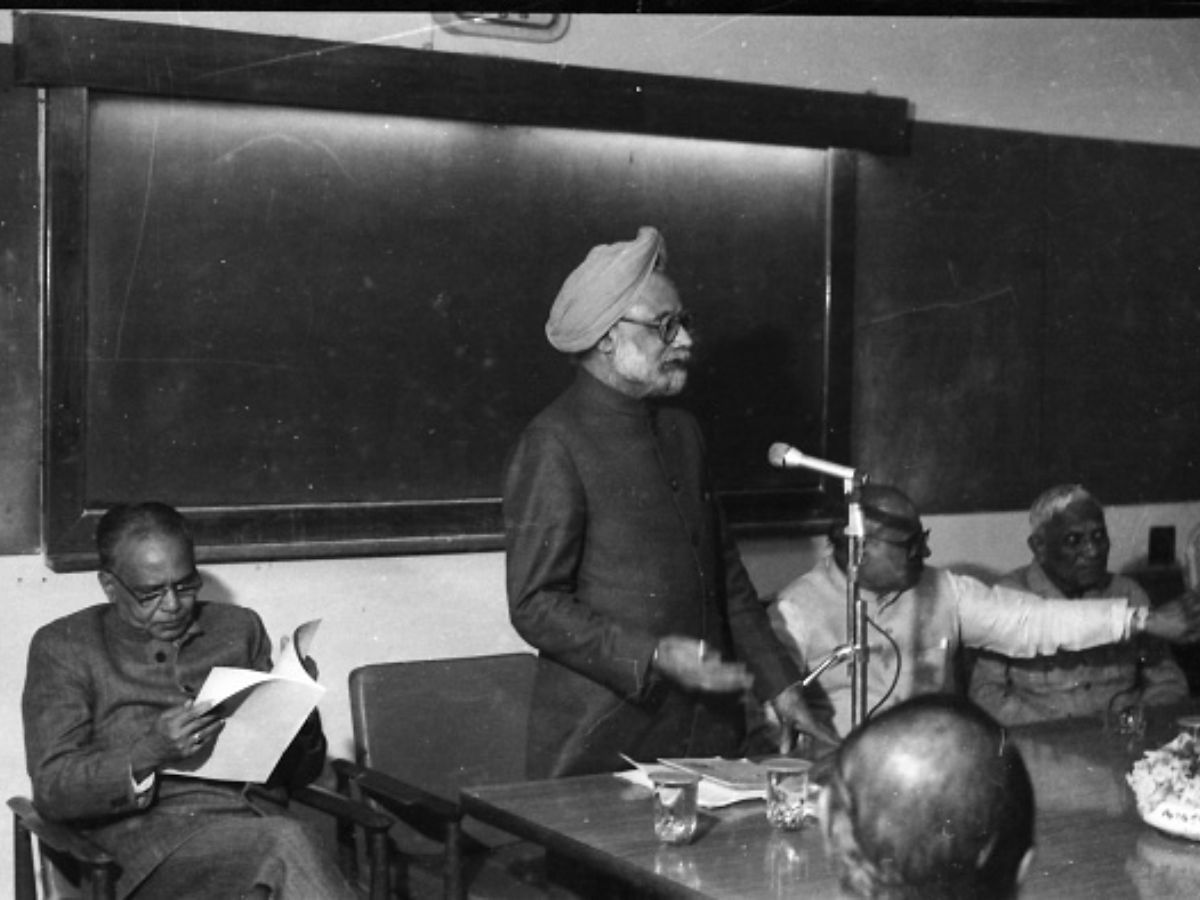
Singh's momentous contribution to Indian economics came to the forefront in 1991 when he was appointed as the Finance Minister during a severe economic crisis. Earlier, he had severed as a member of the Planning Commission and as RBI Governor. In the early 1990s, the country was facing high fiscal and trade deficits, along with dwindling foreign reserves.
Recognizing the urgency of the crisis, Manmohan Singh, as Finance Minister, advocated for deregulation to address the impending collapse. Despite initial resistance within the government party, Singh conveyed that deregulation was essential to avert economic catastrophe. This led to the dismantling of the License Raj, reduction of state control, and lowering of import taxes.
Singh's policies aimed to dismantle the stifling License Raj, liberalise the economy and attract foreign investment. These reforms marked a watershed moment, paving the way for accelerated growth and globalisation.
As Prime Minister, Singh continued with economic reforms, fostering a pro-business environment. The liberalisation measures initiated in the early 1990s gained momentum under his leadership, resulting in sustained economic growth rates of around 8-9 per cent. Singh's administration championed policies that encouraged foreign direct investment and reduced trade barriers.
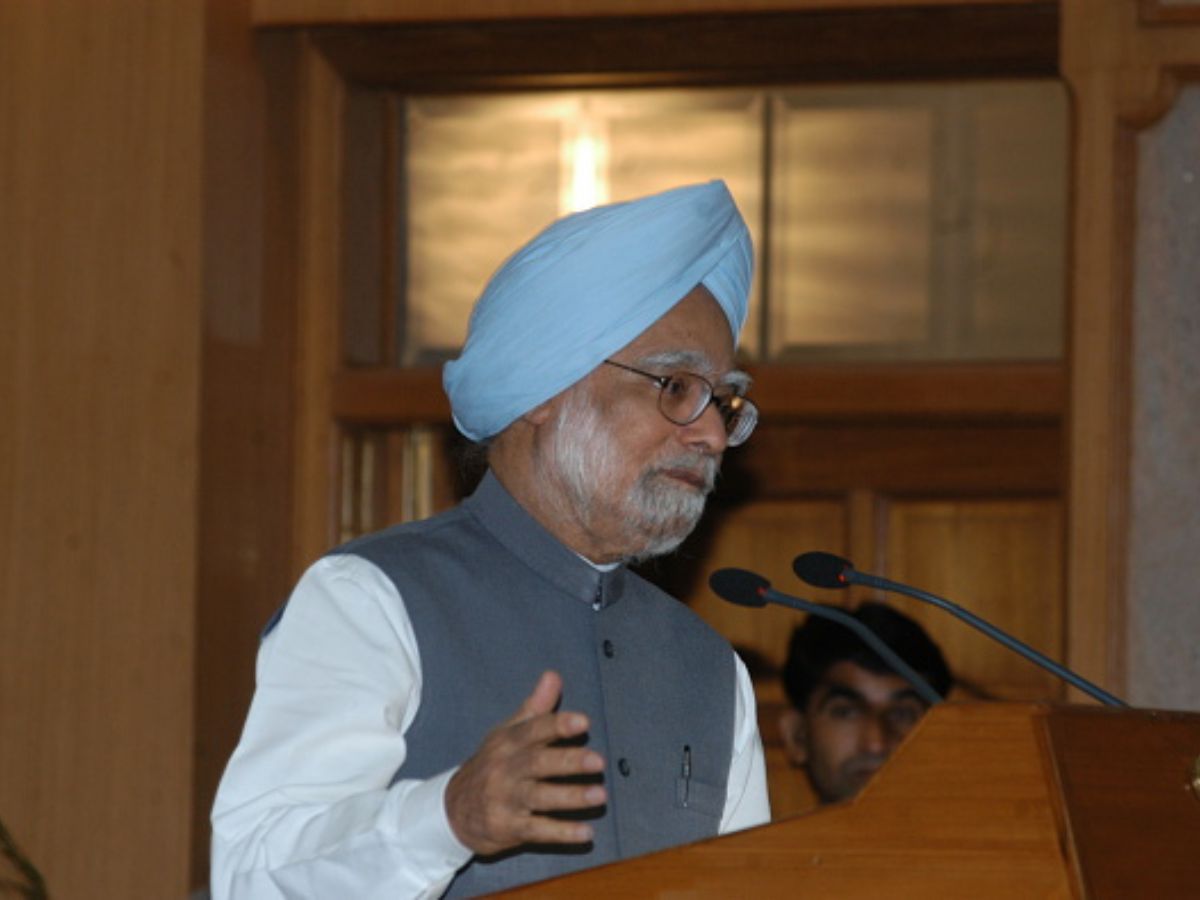
As PM Manmohan Singh also prioritised social welfare through initiatives like the National Rural Health Mission and the Right to Education Act. Singh's pragmatic approach to economic policy earned him global recognition as a leader. Manmohan Singh's tenure as Prime Minister has left an enduring legacy.
Critics have pointed to certain challenges and controversies during Singh's tenure, such as concerns over corruption and policy implementation. However, his contributions to India's economic transformation remain undeniable, shaping the country's trajectory and positioning it as a prominent player in the international economic landscape.
Prominent Indian economists have played a pivotal role in shaping the nation's economic journey since its independence. As India celebrates its 77th Independence Day, it's important to recognise the contributions of visionary economists. Their ideas and policies have propelled India's dynamic economic growth, leaving a lasting impact on the nation's strategies for a brighter future.
Trending News
Top Headlines













